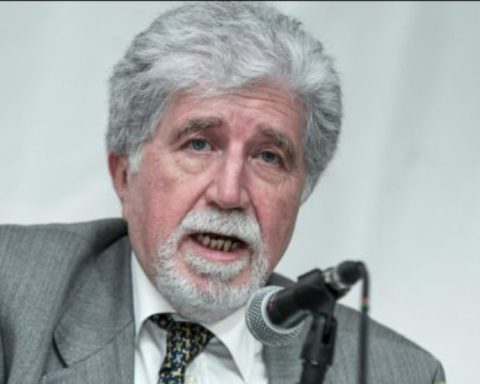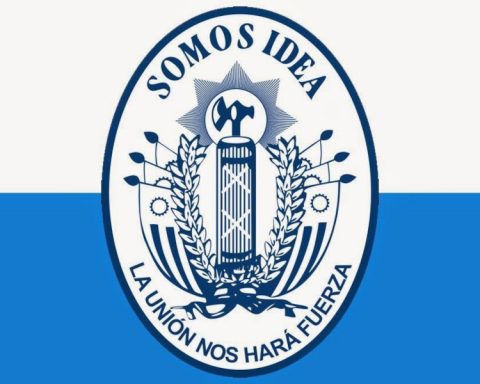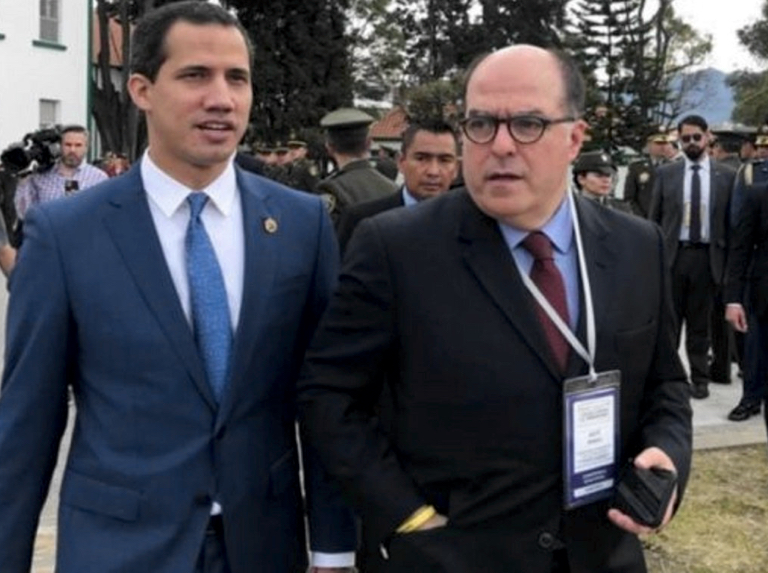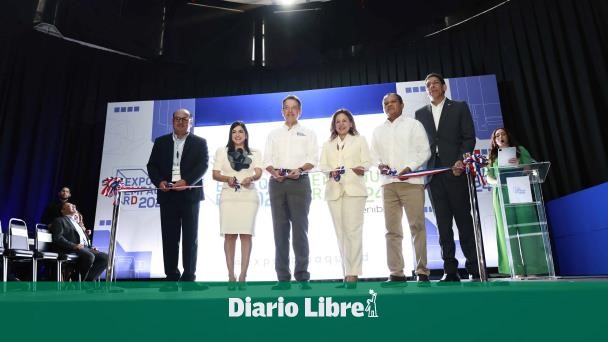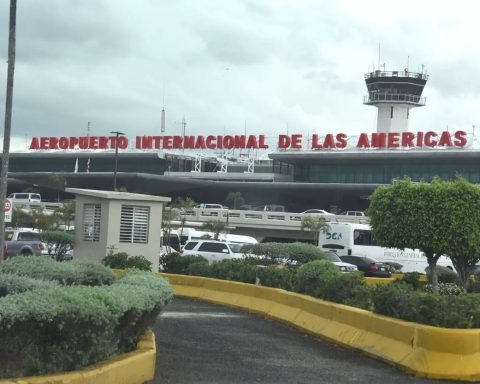COFE presented an appeal for unconstitutionality due to the new medical certification regime
“The State only seeks to make money,” says the action delivered to the Supreme Court of Justice by officials this Thursday.
The Confederation of State Officials (COFE) held a mobilization last Thursday in front of the headquarters of the Supreme Court of Justice (SCJ) – located in Plaza Cagancha – to protest the alleged unconstitutionality of the new sick leave regime implemented since on April 1 of this year and which establishes that state workers will only be able to receive their full salary for nine business days throughout the year if they are certified. Then, they have the right to receive 75% of their remuneration from the entity that employs them.
On the day, the confederation that brings together several unions, presented an unconstitutionality action against articles 13 to 29 of Law 20,075, which, although it was regulated in 2024, dates from October 20, 2022.
In the 37-page document to which he accessed, it says that those who present the action are “all” public officials who were certified since April for medical reasons and were “subject to the salary reduction provided in the questioned articles.”
In addition, the salary receipts of the corresponding officials are attached, which, as they claim, “prove their active legitimacy and the effective causation of the damage.”
The complainants say that the law consists of “a measure of serious adjustment in the social rights of public workers” and that the articles referred to “are ostensibly unconstitutional.”
Among the arguments put forward, there is talk of the violation of the principle of equality enshrined in Article 8 of the Constitution, given that the law establishes exceptionalities for the application of this new regime, such as certain diseases, work accidents, pregnancy or prolonged treatments.
“It does not seem reasonable,” say public workers, “that there are first-class civil servants and second-class civil servants and that each has different regimes regarding medical licenses.”
“It is evident that establishing first-class public workers and second-class public workers, as well as an exhaustive list of pathologies excluded from the cut, generates a constitutional crisis due to violation of the egalitarian principle, since it is arbitrarily chosen who is applied to this regime and who is not. and on the other hand, pathologies equal to or more serious than those listed are left out—without any valid justification,” the document adds.
On the other hand, it is expressed that there is a conflict with articles 53 and 54 of the Constitution, which speak of the right to “fair remuneration.”
“On this constitutional platform: officials who perform the same function, and even more so when it is imposed by law, have the right to receive equal remuneration, to the extent that the fair remuneration of the official is determined by the function he performs,” he states. the COFE document.
The violation of the right to health (article 44 of the Constitution) of officials who, it is alleged, “will see their remuneration affected at a time of enormous health vulnerability” is also questioned.
Finally, there is talk of “unjust enrichment of the State”, in accordance with article 72 of the Constitution. “This is verified by action of the provisions of the law whose declaration of unconstitutionality is sought, while the truth is that the State only seeks to make money with this regulatory decision and not resolve a problem or an irregularity regarding medical licenses” , he states.
In addition, reference is also made to international standards and treaties signed by Uruguay that speak of the “protection of health and safety at work” as a “fundamental right.”
“It is notorious that there are no serious foundations that allow for a robust deliberation (for example, recording the magnitude of the damage caused and the universe of people affected), almost making the truly sick officials invisible, who will see their salary significantly limited,” he criticizes. the action of unconstitutionality.

